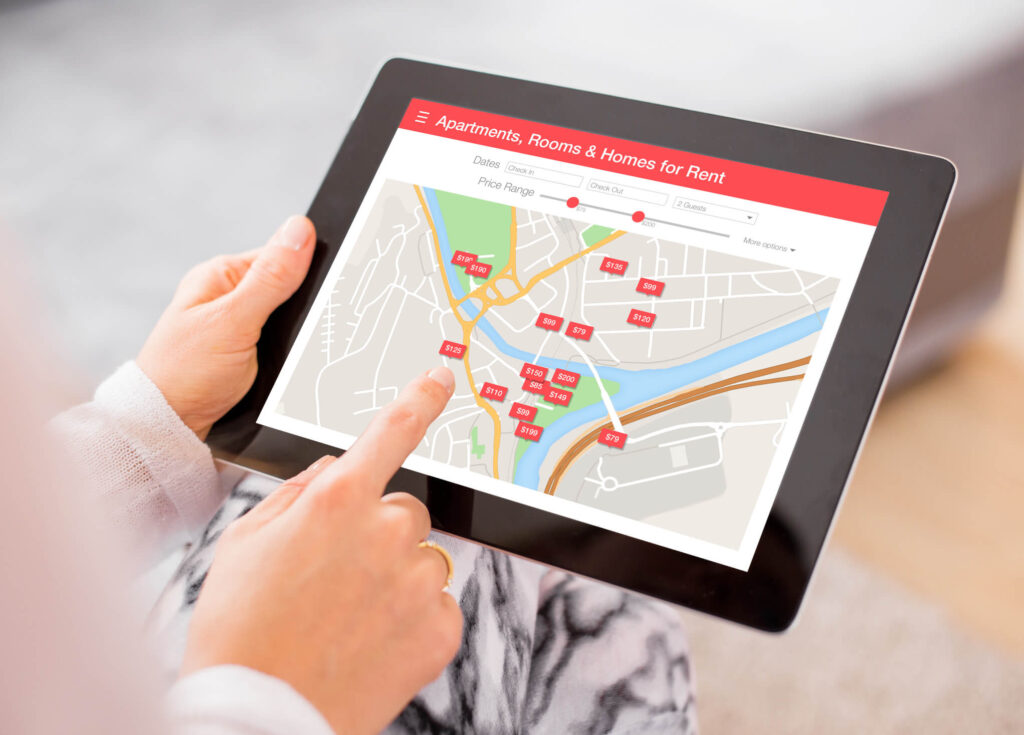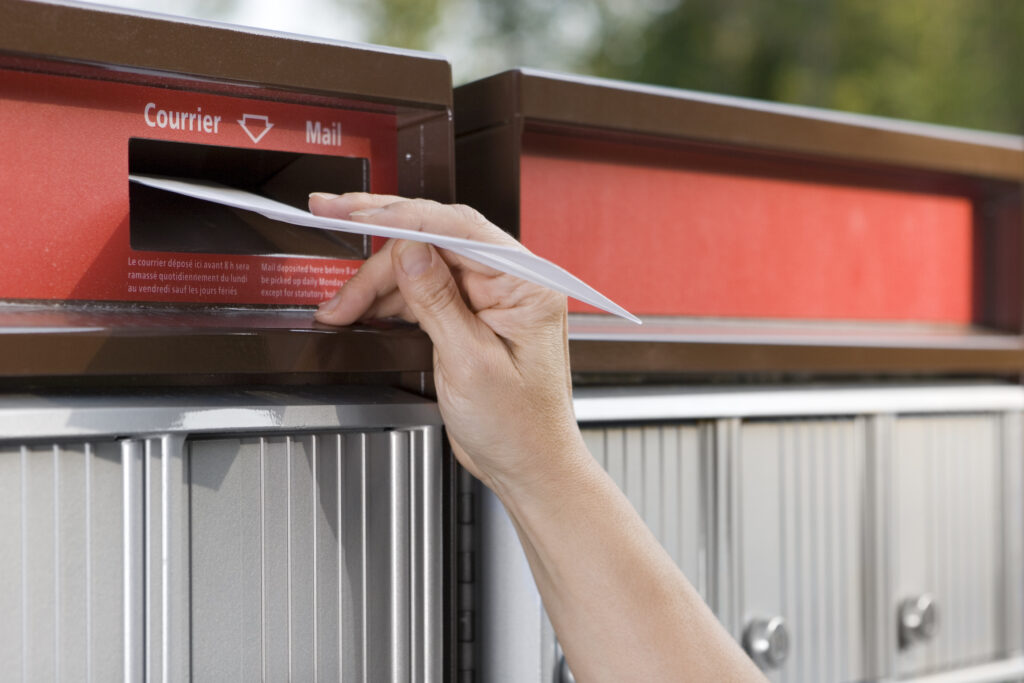With the cost of living rising, more and more people are looking for ways to bring in extra revenue to improve their financial situation.
With the cost of living rising, more and more people are looking for ways to bring in extra revenue to improve their financial situation. One way to do this is by turning empty space into a rental property. But, as the rules and tax regulations around short-term rentals tighten, this is no longer as simple as deciding to let others share your space. While the following article offers several things to consider, if you are currently operating a short-term rental or considering one, we suggest consulting your accountant or trusted financial advisor before making any concrete decisions.
What is a residential rental property?
Whether you have a spare room to rent or an entire home, there are many dwellings that can be considered for use as a residential rental property, including all or part of a house, apartment, condominium, cottage, mobile home, trailer, or houseboat.
What is a short-term residential rental?
Before you decide to rent your property, it is important to decide how long you want to rent out the property for. A short-term rental is defined as a dwelling that is rented out for less than a set number of consecutive days. The number of days is determined by the province or the local municipality and can range from 28 to 90 days. Properties that are rented out for longer than this or on a rolling basis are considered long-term rentals. It is important to consider your local regulations when deciding to rent out all or part of your property.
Can I claim income tax deductions on my short-term rental?
One of the reasons using your empty space as a rental property is the ability to offset several costs. However, this is only possible in areas that short-term rentals are permitted, and you must ensure that all of your licensing, permitting and registration requirements are up to date.
On June 20th, 2024, royal assent was given to Bill C-69 which was laid out in the Fall Economic Statement of 2023, and permits the government to deny income tax deductions on short-term rental properties that are located in areas that prohibit short-term rentals, or when the the dwelling is not compliant with the provincial and municipal rules and regulations.
This legislation became effective on January 1st, 2024, and the government has given all short-term rental property owners until December 31st, 2024, to become compliant and still claim expenses for all of 2024. Going forward, if you own a non-compliant property at the start of the year, but later rectify the issues and become compliant, you will be able to submit a claim for expenses for the portion of the year that you were compliant.
What if the rules and regulations change?
It is the responsibility of the property owner to stay abreast of any changes to the rules and regulations surrounding short-term rental properties in their province and municipality. If there are changes and you do not remain complaint, you may find the tax bill for your rental property is higher than the income generated, less your non-deductible expenses.
What taxes do I need to charge/pay on my short-term rental property?
When invoicing the end user to stay in your short-term rental property, you must charge HST. You will be responsible for filling an HST return with the CRA on each of your short-term rental properties.




